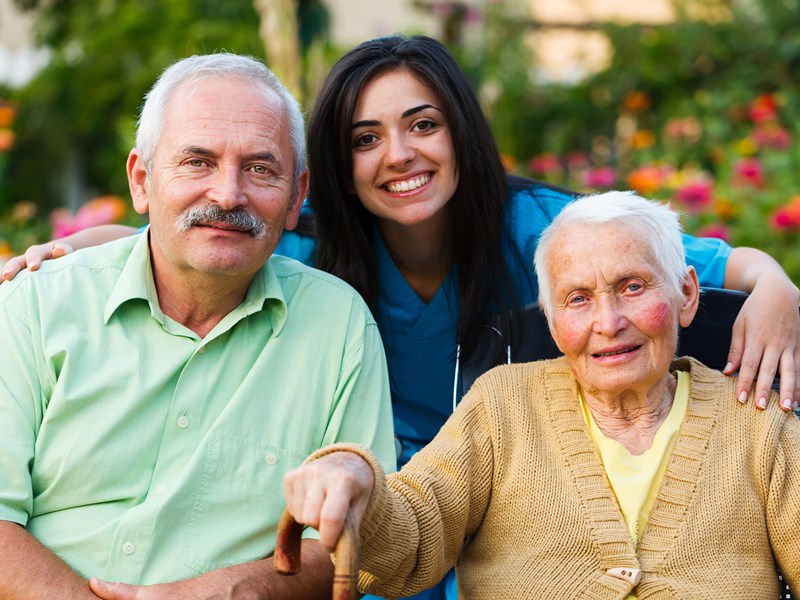Advocates for Basic Legal Equality, Inc. (ABLE) is a non-profit regional law firm that provides high quality legal assistance in civil matters to help eligible low-income individuals and groups in western Ohio achieve self reliance, and equal justice and economic opportunity.
Passport Project

A person’s ability to meet the necessities for living a quality life should not be dependent upon where they live. People who otherwise qualify for services that allow them to remain in their home may have difficulty obtaining services for a multitude of reasons.
Tamera's Story
Tamera* and her husband depended on a Passport Medicaid waiver after she suffered a stroke that paralyzed one side of her body. The couple lives in a rural, farming community, and Tamera is completely dependent on her elderly husband to get in and out of bed, feed herself, go to the bathroom, bathe, prepare her medications, and most other needs. Tamera’s husband was unable to leave her alone and struggled to bathe and dress Tamera because of his arthritis. Because Tamera’s home is remote, the agency responsible for getting her services couldn’t provide care several times a week and kicked her off the program. Attorneys and paralegals from LAWO and ABLE filed an administrative appeal, arguing that a lack of providers is not a reason to remove an otherwise eligible person form the program. Tamera was reinstated to the program and now receives waiver services three times a week, improving the quality of life for both Tamera and her husband and allowing them to remain independent.
Henrietta's Story
Systems and agencies meant to help eligible people should treat applicants fairly and help them gain access to services they need and for which they are eligible. Henrietta*–a person with limited reading ability–was terminated from a waiver program after signing a withdrawal form, she was not able to read. She relied on the agency representative to explain what she was signing, and the representative did not give her a copy of the form. Afterward, Henrietta realized her services had been terminated and contacted LAWO and ABLE. Her advocates appealed the termination, successfully arguing that Henrietta did not intend to withdraw her services and did not understand what she was signing. Henrietta was reinstated to the program, regaining her much-needed services and access to Medicaid. *This client’s name was changed to protect her privacy.
*Client’s name was changed to protect privacy.
